53+ Sample Study Plan Templates
-
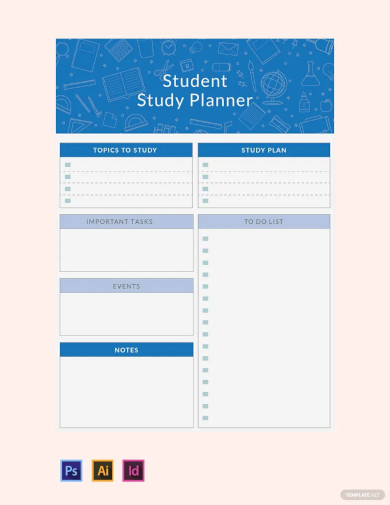
Student Study Planner Template
download now -

College Study Plan Template
download now -

Language Study Plan Template
download now -

Self Study Plan Template
download now -

Weekly Study Plan Template
download now -

Free Blank Study Plan Template
download now -

Free Sample Study Plan Template
download now -
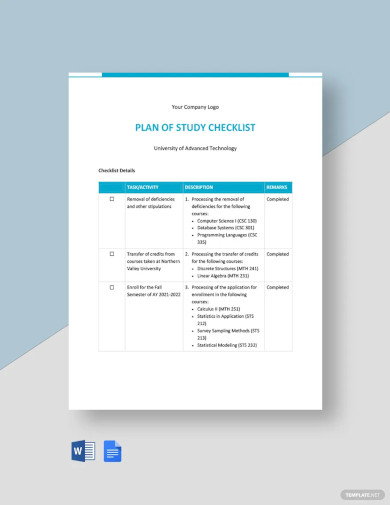
Plan of Study Checklist Template
download now -

Student Study Plan Template
download now -

University Study Plan Template
download now -
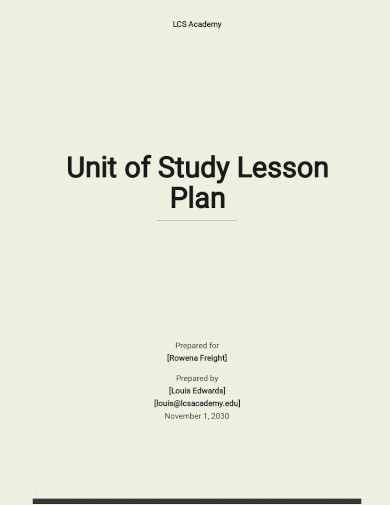
Unit of Study Lesson Plan Template
download now -

Study Management Plan Template
download now -
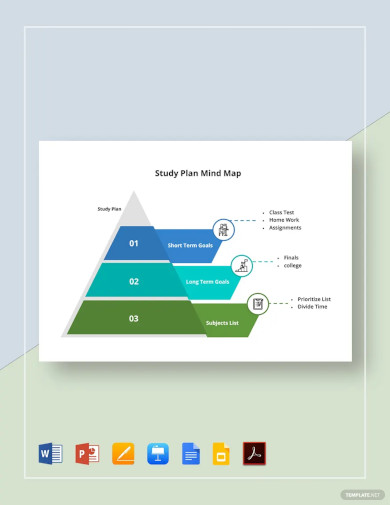
Study Plan Mind Map Template
download now -
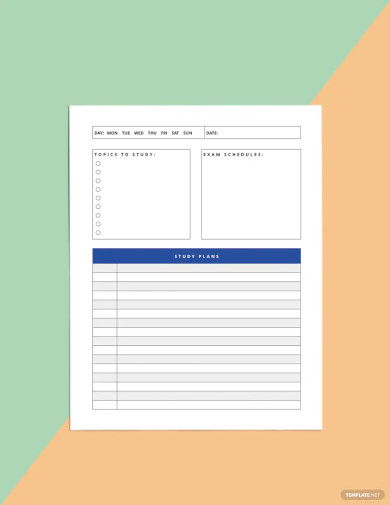
General Student Study Plan Template
download now -

Semester Study Plan Template
download now -
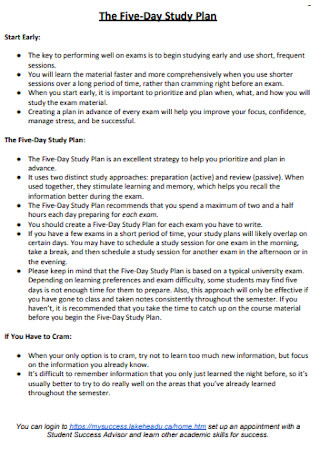
Five-Day Study Plan
download now -
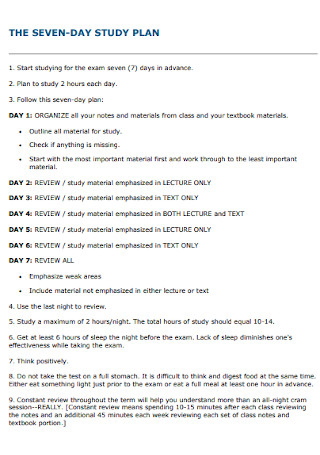
Seven-Day Study Plan
download now -
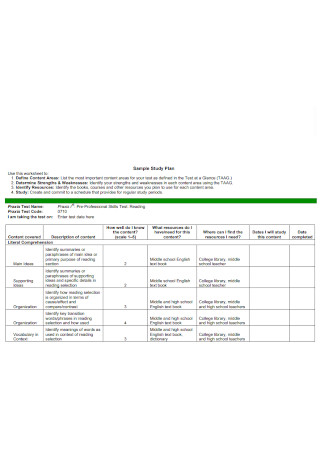
Sample Exam Study Plan
download now -
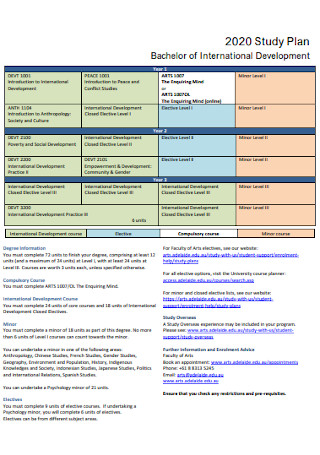
Bachelor Study Plan
download now -
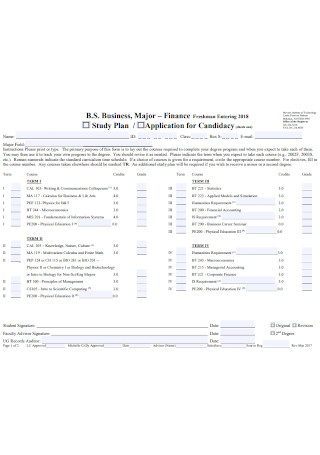
Printable Study Plan
download now -
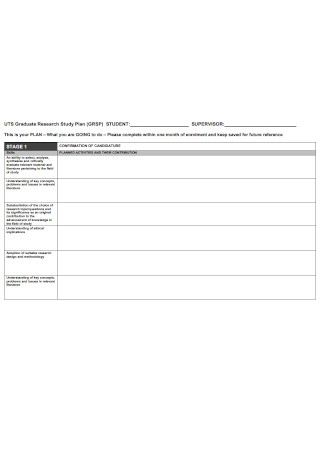
Graduate Research Study Plan
download now -
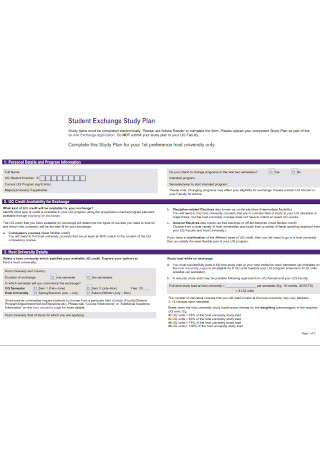
Student Timetable Study Plan
download now -
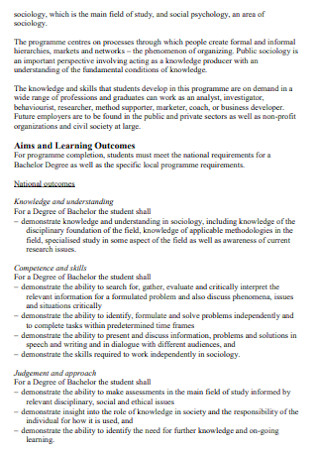
Program Study Plan
download now -
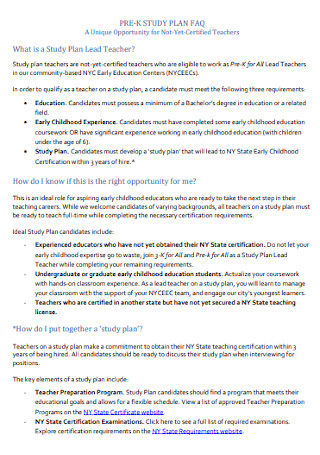
Simple Calendar Study Plan
download now -
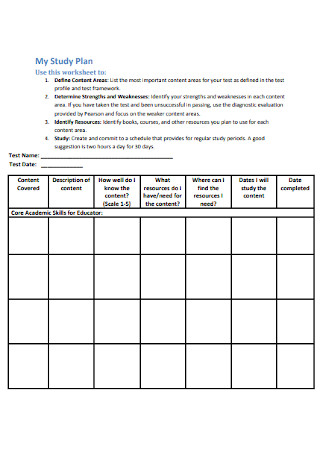
High School Study Plan
download now -
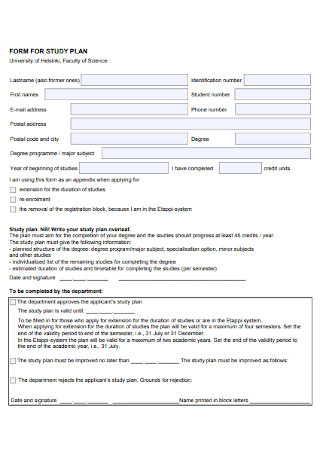
Daily Study Plan
download now -
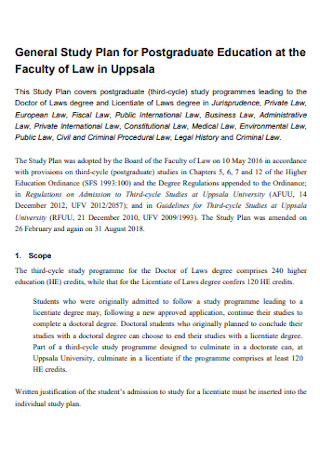
Monthly Study Plan for Postgraduate
download now -
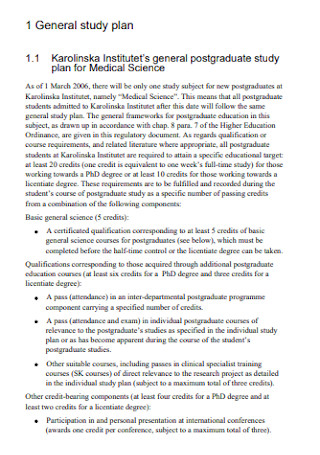
General Study Plan Time Management
download now -
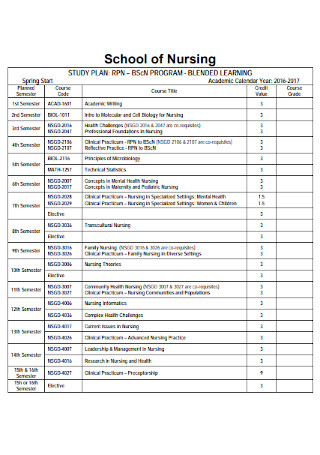
Undergraduate Study Plan
download now -

Study Plan Proposition for Students Schedule
download now -
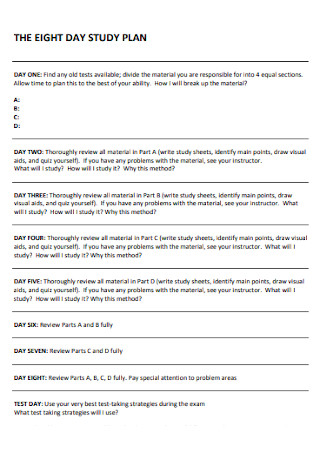
Study Plan Creative Essay
download now -

Sample Self Study Plan
download now -
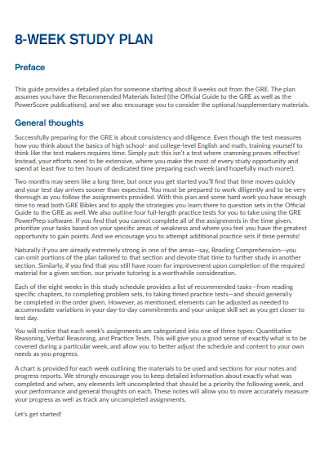
Eight Weeks Study Plan
download now -
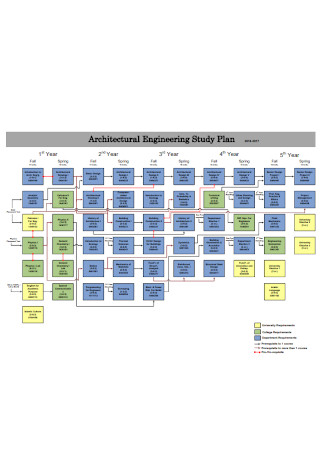
Architectural Engineering Study Plan
download now -
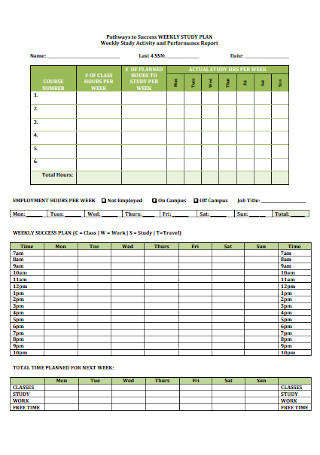
Sample Weekly Study Plan
download now -
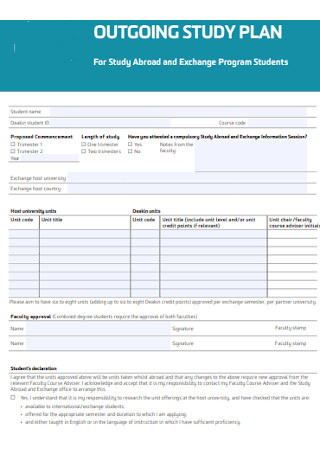
Sample Outgoing Study Plan
download now -
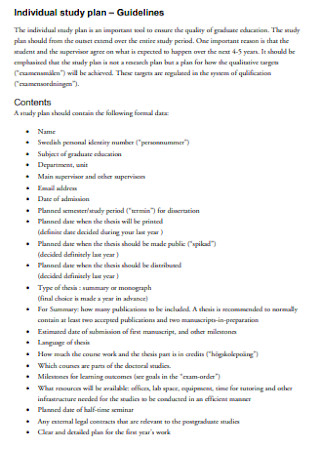
Individual Study Plan
download now -

Student Study Plan
download now -
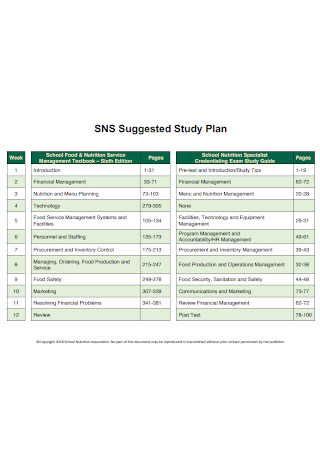
Suggested Study Plan
download now -
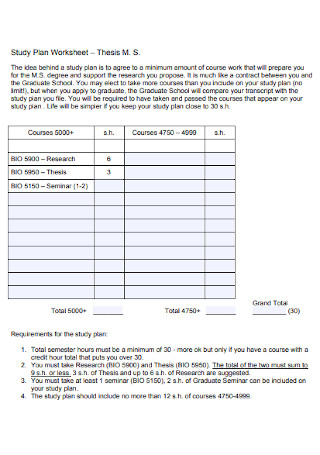
Study Plan Worksheet
download now -
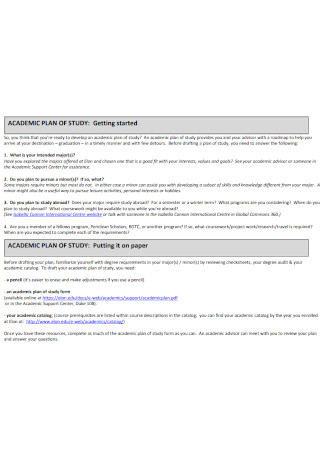
Academic Study Plan
download now -
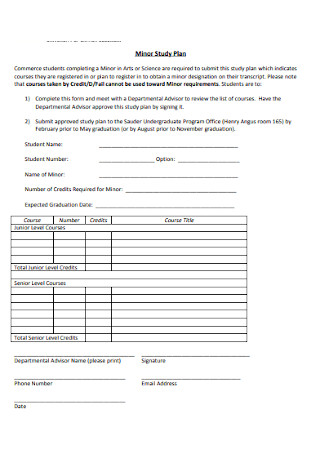
Sample Minor Study Plan
download now -
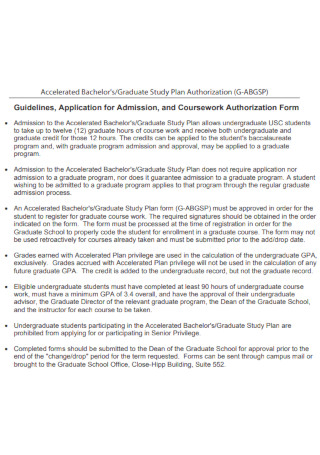
Graduate Study Plan Template
download now -
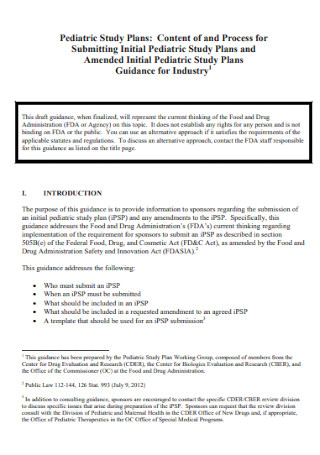
Pediatric Study Plans
download now -

Study Material Plan
download now -
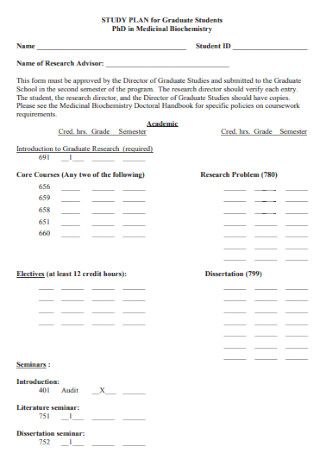
Study Plan for Graduate Students
download now -
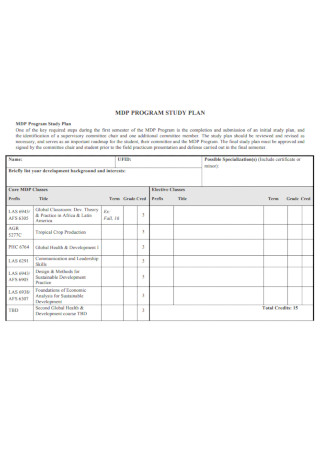
Sample Program Study Plan
download now -
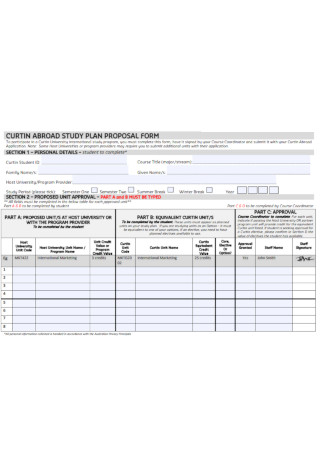
Study Plan Proposal Form
download now -

Global Experience Study Plan
download now -
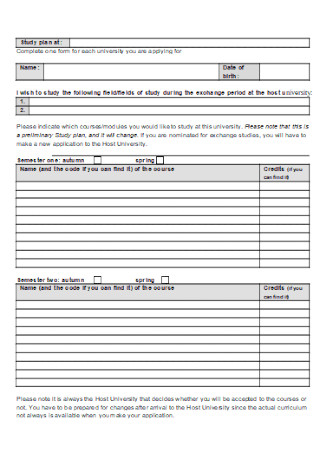
Study Plan Format
download now -
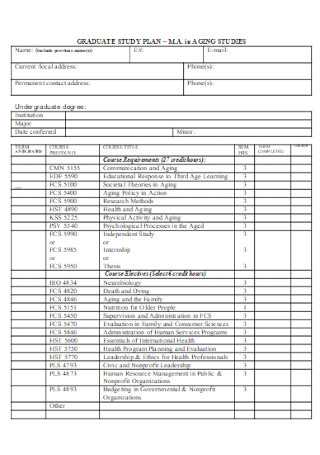
Simple Graduate Study Plan
download now -
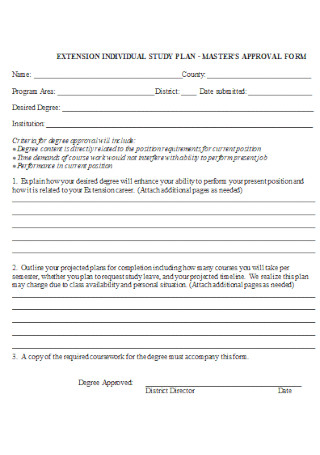
Extension Individual Study Plan
download now -
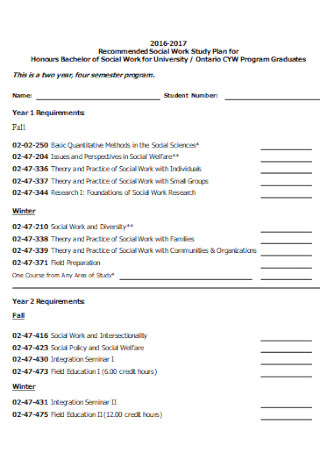
Social Work Study plan
download now -
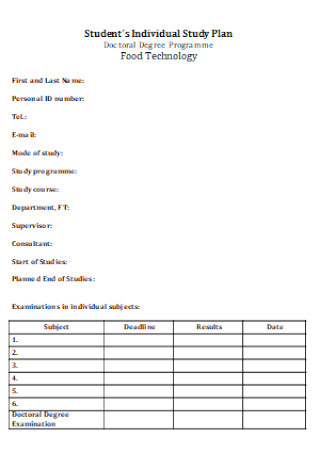
Students’ Individual Study Plan
download now
What Is a Study Plan?
Intellectual students typically study around 50 to 60 hours per week. That is, according to the University of Florida. Yet, how students divide their time to study depends on them. Maybe some pupils fail to meet their goals along the way for not having a well-thought-out timeline chart and plan. That said, organizing one’s schedule when studying is necessary. And you can do this with the help of a study plan—a detailed outline of study goals organized with a timeline.
Research shows that studious students normally study within 50–60 hours every week.
Statista reported that in the United States, there were 34.6% of men and 35.3% of women that held a college degree in 2018.
Moreover, Statista confirmed that while 30% of American families pay the college tuition from income and savings, 31% depend on grants and scholarships.
Study Plans: Why Are They Essential?
In case you ask why there is a need to make a study plan, remember that nobody wants to fail in school, work plan, or life in general. And instead of blaming anyone else for failed test results, don’t forget that you are accountable for such outcomes. Thankfully, having a concrete study plan helps you prevent these unfavorable results. How so? Start with organizing your studies. Plans are not merely detailed; they are organized. Hence, it will be easier to navigate and outline how you work your assignments, exams, projects, and the like.
Anyone may agree that sometimes, time management can be difficult. But with a plan prepared, you can commit to every class, event, extracurricular activity plan, or work. For this, it is crucial for study plans to include a timetable to plot your whole schedule. Also, note that those who commit to managing their time become more disciplined eventually. Nobody forces you to study but yourself in the first place. Thanks to a study plan, you allow this tool to benefit your future.
Who Creates Study Plans?
The best answer is that the one who studies should make the plan. Take, for example, the students. As a student, you should be aware of what to study, how long should it take, and how to review your resources. Regardless, creating study plans for others is also possible. A teacher or an application could even provide you with a study plan. But the content would be based on what the teacher or the app thinks is fit for you. And if you struggle or find their plans ineffective, then that is a sign of coming up with your original scheme.
What Are the Benefits of Study Plans?
A reason why you shouldn’t underestimate a study plan is it is beneficial in your life. And you will only experience each advantage after making a proper study plan. In this section, we have outlined some of the benefits of having a study plan.
Tips to Create Your Study Plan
A known demographic that studies seriously refers to college students. While elementary, middle school, and high school have their own set of difficulties, the college level remains as the most difficult. And in the United States, 34.6% of males and 35.3% of females held a college degree in 2018. Moreover, some families pay the college tuition from their income or savings, and 31% of the population trust on a grant or scholarship. If the stakes are that high, earning good grades is vital. Hence, study plans exist to improve one’s academic performance. So, create your study plan with these easy tips:
1. Identify Your Study Goals
First thing first, define your goals. Everyone has a different approach when it comes to studying, but you need to lay out the basic terms. Are you planning to make a daily, weekly, or monthly study plan? And what is your goal? Is it to pass your upcoming finals test? To perform well in a speech? Or any other reason? Answer such questions as if you are making an introductory statement. That way, it will be clear what the study objectives are.
2. Explore and Analyze How You Study and Learn
When you study, what are your observations? Can you understand lessons more quickly while in a quiet place or there is some music involved? Identify whichever works and doesn’t work for you. Because in making your study plan, you make some adjustments for your benefit. An example is when you feel more productive at night. Therefore, you indicate in the sheet: “Study for the finals exam at 9:00 PM.” A tip is to identify your strengths and weaknesses through SWOT analysis until you formulate helpful solutions for your study habits.
3. Outline What to Study with a Schedule
Next, mention what you need to study in the schedule. With this, you may use a sample calendar and a sample timesheet to the plan. The problem with putting “Study Math on July 20, 2020” is it doesn’t clarify what time of that day. You could indicate in the “studying” section that you have to read your books at 5:00 PM if that is your free time. Moreover, estimate how long it may take. If it may take you an hour and 30 minutes, then jot it down. But, make sure your estimated duration is realistic. Sometimes you need to study for a longer period, and it simply means you have to be flexible with your time.
4. Keep It Simple
Indeed, detailed or informative study plans are recommended, but not to the point where things become complicated. The complexity of things only gives you less motivation to study hard. Thus, be concise. Get rid of wordy sentences and make it simple. It will help you save space and lessen confusion. However, don’t be too broad. Between “Study Chemistry at 2” and “Study about the periodic table and chemical bonds for Chemistry at 2,” which is clearer? Of course, it would be the second sentence since it brings a comprehensive detail about what to study.
5. Incorporate Visual Organizers
Use tables, organizational charts, bar graphs—you name it. These graphic organizers help shape a better presentation for your study plan. Seeing only words may make the content too long. At least the visual organizers can keep the details more organized and less wordy. Although they are useful, select the appropriate organizers first. Not every type could be relevant for your purpose.
6. Set Your Priorities
Lastly, learn to sort your priorities. Indeed, you can have all the subjects, tasks, and dates laid out on the sheet. Yet some factors may hold greater importance than the others. An example is when you are torn between studying for your Math midterm test and your English spelling bee. Both tests are urgent as you will face such exams on the same day. So which will you study first? Do you prioritize English because, for you, it’s more complicated than the latter? Do you go for Math at the moment since it holds a bigger percentage of your grade than the other subject? Or you study according to which exams you will take first? Answering those questions helps you decide which you must prioritize.
FAQs
Does a study plan work?
Study plans work when followed consistently. And there is a big chance for students to succeed if all the essential details are on the plan. But of course, the effectiveness of a plan depends on the user if he or she will commit to it.
When is the right time to study?
The answer depends on who studies since people differ in terms of their study and learning preferences. But generally, it is better to engage with it between 5:00 AM–10:00 AM and 5:00 PM–9:00 PM. The explanation goes on how you move less early morning, so you have fresh energy to work on your studies. Meanwhile, there may be fewer distractions at night if people are asleep, and some people tend to be productive at night.
How can I focus on studying?
One of the big reasons people fail to follow their study plans is a distraction. Never fret since there are plenty of ways to stay focused. Choose which seems more effective for your case:
- Listen to music
- Find a suitable environment
- Follow a workout plan
- Form a group study
- Hide your phones and gadgets
- Reward yourself after studying
- Look for inspiration
To create a detailed and effective study plan is a step closer to achieve your study goals. And since you learned all the details about what that plan is and how to make one, you are more than prepared to study well. But don’t merely put all your determination in crafting the plan. The next challenge lies in sticking to these study plans. So whether you take a break, change your plan, or engage in a group study, see to it that you continue your passion, not your distraction.
